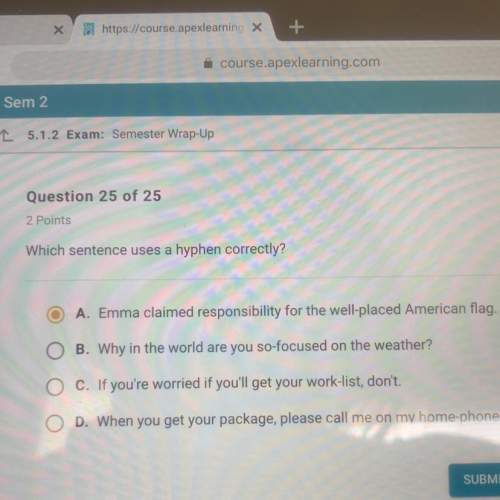The Life of Charles Dickens
John Forster
1 CHARLES DICKENS, the most popular novel...

English, 22.04.2020 22:00 ashtonlauber95
The Life of Charles Dickens
John Forster
1 CHARLES DICKENS, the most popular novelist of the century, and one of the greatest humourists that England has produced, was born at Landport in Portsea on Friday, the seventh of February, 1812.
2 His father, John Dickens, a clerk in the navy-pay office, was at this time stationed in the Portsmouth dockyard. He had made acquaintance with the lady, Elizabeth Barrow, who became afterwards his wife, through her elder brother, Thomas Barrow, also engaged on the establishment at Somerset-house; and she bore him in all a family of eight children, of whom two died in infancy. The eldest, Fanny (born 1810), was followed by Charles (entered in the baptismal register of Portsea as Charles John Huffham, though on the very rare occasions when he subscribed that name he wrote Huffam) ; by another son, named Alfred, who died in childhood; by Letitia (born 1816); by another daughter, Harriet, who died also in childhood; by Frederick (born 1820); by Alfred Lamert (born 1822); and by Augustus (born 1827); of all of whom only the second daughter now survives.
3 Walter Scott tells us, in his fragment of autobiography, speaking of the strange remedies applied to his lameness, that he remembered lying on the floor in the parlour of his grandfather's farmhouse, swathed up in a sheepskin warm from the body of the sheep, being then not three years old. David Copperfield's memory goes beyond this. He represents himself seeing so far back into the blank of his infancy, as to discern therein his mother and her servant, dwarfed to his sight by stooping down or kneeling on the floor, and himself going unsteadily from the one to the other. He admits this may be fancy, though he believes the power of observation in numbers of very young children to be quite wonderful for its closeness and accuracy, and thinks that the recollection of most of us can go farther back into such times than many of us suppose. But what he adds is certainly not fancy. "If it should appear from anything I may set down in this narrative that I was a child of close observation, or that as a man I have a strong memory of my childhood, I undoubtedly lay claim to both of these characteristics." Applicable as it might be to David Copperfield this was unaffectedly true of Charles Dickens.
1.Which statement best describes the author's point of view in this passage?
A) The author is clearly critical of what he perceives as Dickens' over-rated and undeserved fame.
B) The author makes personal connections between his life and the life of the great writer, Charles Dickens.
C) The author presents an unbiased account of Dickens' early life, his parents, and his later family of his own.
D) The author is so highly emotional in his praise of Dickens' genius that the reader finds the passage distasteful.
2.Which best expresses the central idea of this passage?
A) Charles Dickens had eight children, two of whom died while they were still very young.
B) Charles Dickens was born into a middle-class family and raised a large family on his own.
C) Charles Dickens was known for having an extremely good memory of parts of his early life.
D) Charles Dickens' father, John Dickens, was a clerk in the navy-pay office, stationed in the Portsmouth dockyard.
3.What is the purpose of the first paragraph of this essay?
A) to establish Dickens's credentials
B) to draw attention to Dickens's flaws
C) to make the reader realize that Dickens isn't what he seems to be
D) to cause the reader to question what he or she really knows about Dickens

Answers: 1
Another question on English

English, 21.06.2019 15:20
Before the german army vehicles arrived in sighet, one of the community members returned from budapest and warned everyone of the danger they were facing by staying in the community.
Answers: 2

English, 21.06.2019 23:30
Create your own example of a fallacy: locate or develop an example of each of the following kinds of false appeals. for each example, explain why you think that the appeal is not warranted. any material that is copied or pasted must be cited. provide one well-written paragraphs explaining your selection.
Answers: 1


English, 22.06.2019 05:30
24.1.6 quiz: william faulkner aperle question 4 of 5 2 points what is cash building in as i lay dying? o a. a truck bed for jewel o b. a bin to pile cotton in o c. a kitchen table for his family o d. a box to bury addie in subm
Answers: 1
You know the right answer?
Questions


History, 04.08.2019 23:00


Social Studies, 04.08.2019 23:00



Social Studies, 04.08.2019 23:00



Biology, 04.08.2019 23:00

History, 04.08.2019 23:00


History, 04.08.2019 23:00


History, 04.08.2019 23:00


Social Studies, 04.08.2019 23:00



Mathematics, 04.08.2019 23:00




